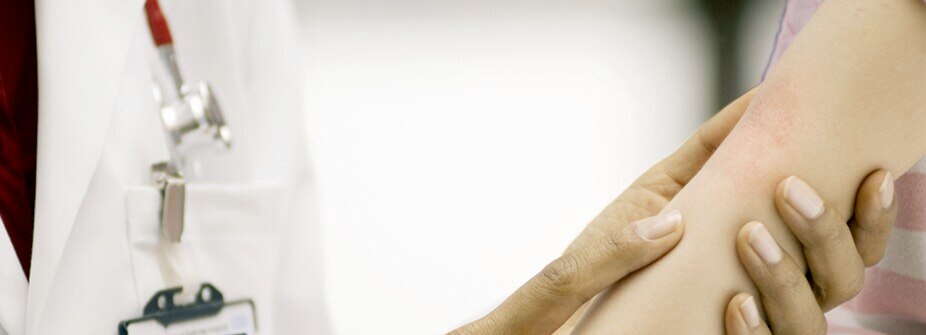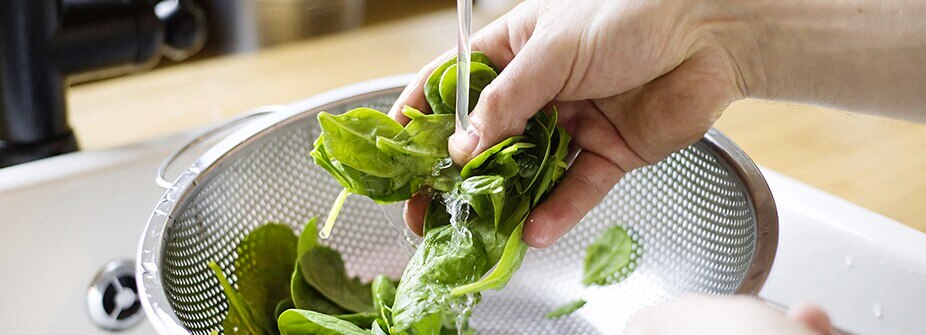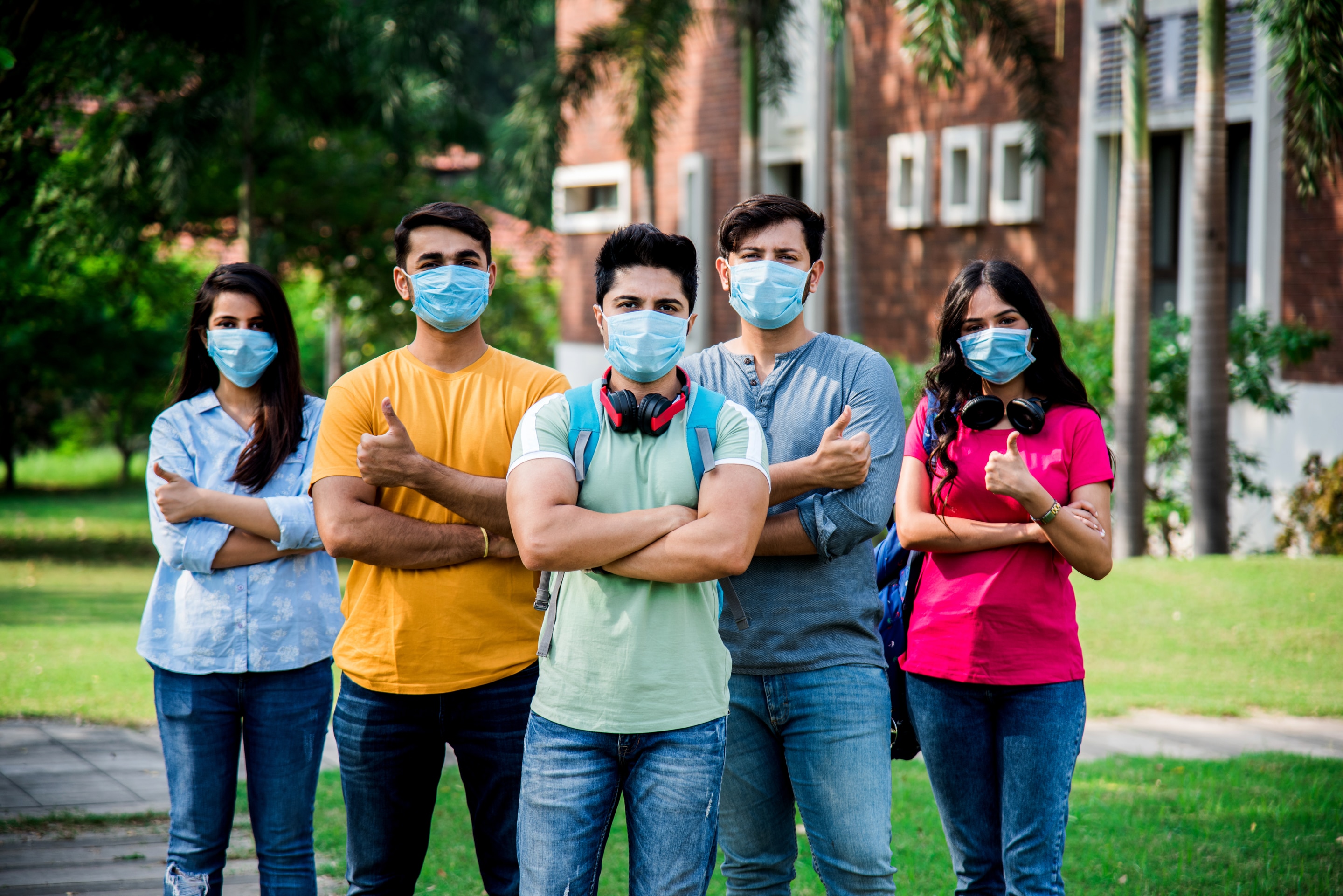What is a skin infection?
As you can probably guess, a skin infection is an infection of the skin. Every other organ in your body can be infected, so it makes sense that your skin is also susceptible. Bacteria, parasites, fungi, allergens, wounds – they can all result in different types of skin infections. Many skin infections clear up on their own or if treated with over-the-counter remedies. However, serious and severe cases require medical evaluation and treatment. Skin infections are spread via indirect and direct contact with a sufferer – through handling items they’ve infected or by skin-to-skin contact.
Skin Infections
How to Treat and Prevent Skin Infections
Skin infection symptoms:
- Blisters
- Itching
- Sores
- Boils
- Pain and discomfort
- Burning
- Rashes
Prevention of skin infections:
Hygiene and habits
Be extra vigilant with hand-hygiene
Skin infections are highly contagious and thorough, regular handwashing with soap is vital to help stop the spread. Moreover, cleansing skin thoroughly can help wash off bacteria from skin.
Treat cuts quickly
Prompt treatment of cuts and abrasions can help prevent infection-causing germs from entering the wound in the first place.
Medical practices
Don’t share
Sharing items with an infected person (cups, cutlery, towels, bedding…) could mean you share the infection too.
Nutrition
Eat up your fruit and vegetables
Eat foods rich in vitamins C, D and E, like strawberries, pumpkins, olive oil and pomegranates for their skin cleansing, hydrating and antioxidant properties.
Skin infection treatments:
The treatment of skin infections comes in many different forms and the best way to proceed depends on what caused the condition in the first place. If you notice that the symptoms have not cleared up within a few days, and you are unsure of the cause, you should always ask your doctor for advice. Here are some common types of skin infection and how your doctor may choose to treat them:
- Impetigo – antibacterial cream or tablets
- Psoriasis – creams containing steroids or vitamin A or D, combined with antibiotics
- Ringworm – an antifungal cream, powder or tablet
- Vitiligo – steroid cream and exposure to ultraviolet A (UVA) light
Mythbusters
Eating certain foods can cause skin infections.
The food you eat has virtually no effect on your skin’s capacity to be infected. And, no greasy food doesn’t give you spots, either.
Medical source: British health authority
References
http://www.life123.com/health/ailments/staph-infection/rid-of-a-staph-infection.shtml
http://www.nhs.uk/Conditions/Shingles/Pages/Treatment.aspx
http://kidshealth.org/PageManager.jsp?dn=KidsHealth&li4&article_set=20992
http://www.health.ny.gov/diseases/communicable/hand_washing.htm
http://www.medicinenet.com/cuts_scrapes_and_puncture_wounds/article.htm
http://www.webmd.com/healthy-beauty/features/skin-nutrition
http://www.dermatalk.com/archive/index.php/t-2602.html
http://www.nhs.uk/Livewell/skin/Pages/Commonconditions.aspx




